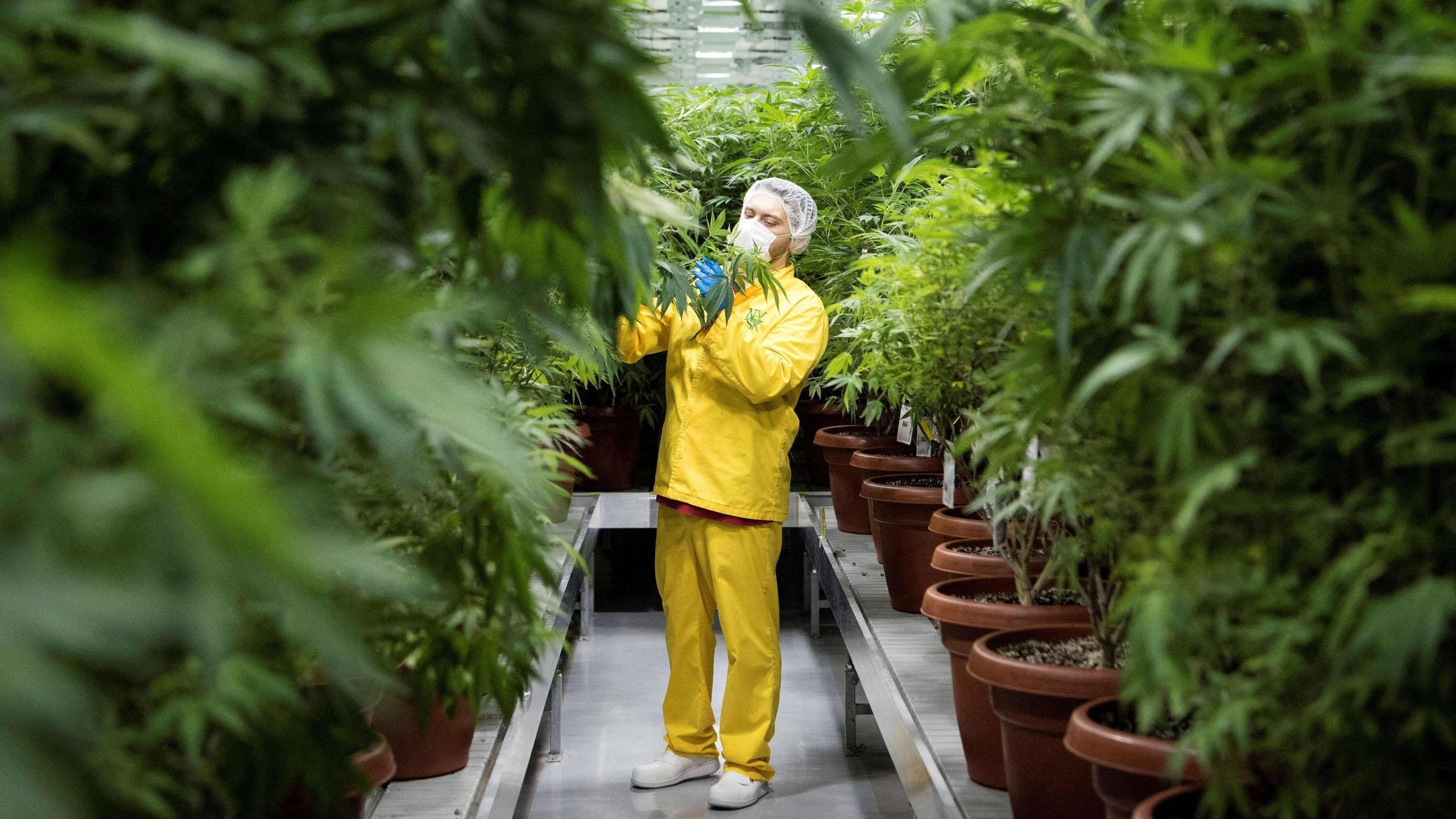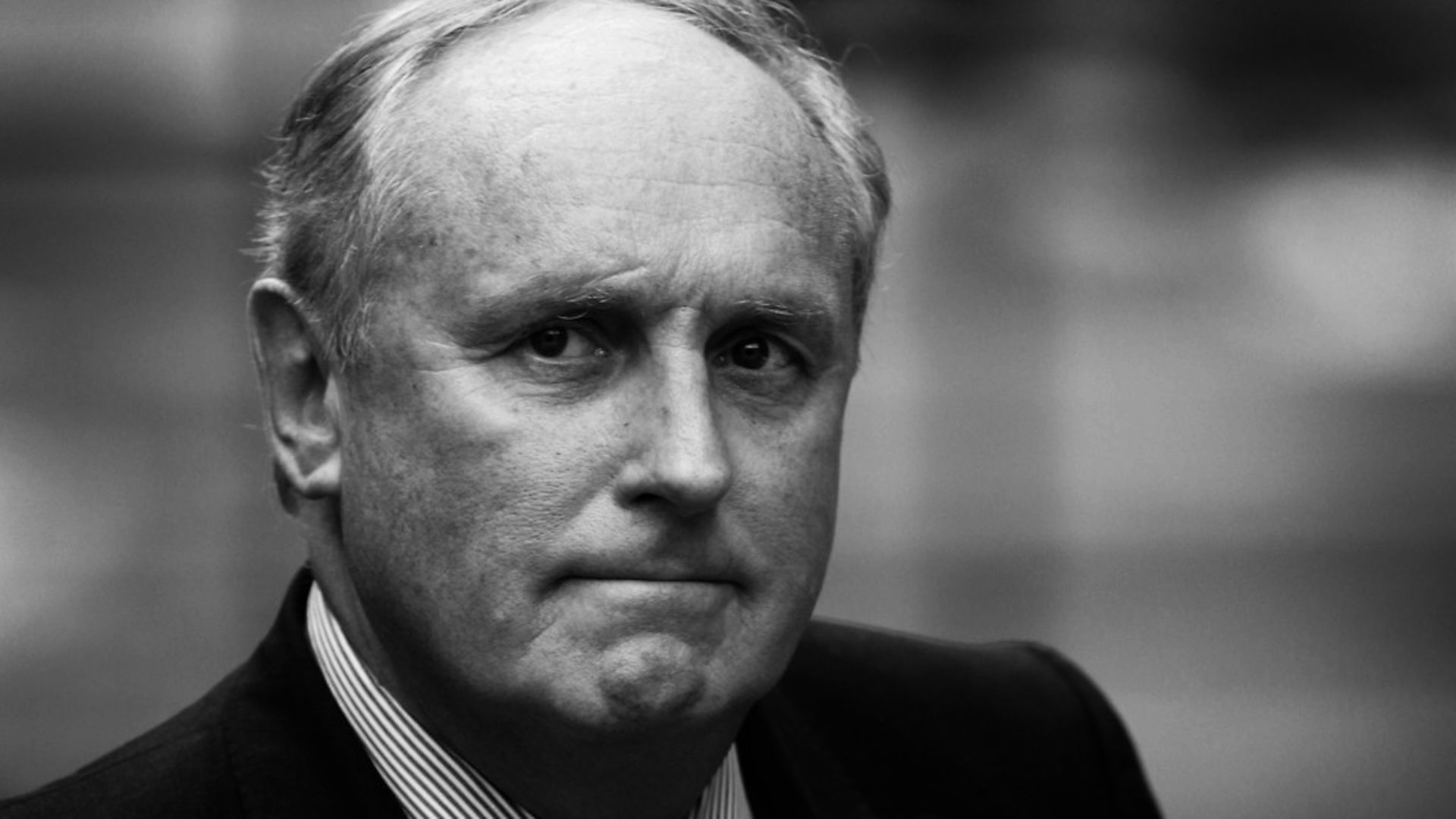There is little danger in legalising cannabis in the UK (“The High Road”, TNE #291), except for the tiny number of already vulnerable people who can be made worse by too much high-strength bud. If we had a caring, competent government that funded the health and social care sectors properly, those poor individuals wouldn’t fall through the cracks.
No, the problem with legalisation comes when folks say “legalising it will get rid of the criminals”.
The ‘criminals’ will grow better quality, cheaper weed than is sold in government-licensed shops, and will undercut the legal stuff.
To head this off at the pass, legal outlets must undercut the undercutters. A race for the bottom. Not an appealing prospect, because quality will really suffer.
It might be a good compromise to legalise growing maybe two plants at a time, or more in a sort of collective.
Chris Foden
Via Facebook
No palace to be
On the subject of “Rotten Westminster needs radical and lasting change” (Letters, TNE #291).
The fundamental change of culture will surely never begin to happen until those who work in the crumbling, old-fashioned, demeaning, extremely costly so-called Palace respect each other sufficiently to sell it off and build a modern, spacious workplace with a seat for every MP. It is highly demeaning to see many having to stand in the doorway for an important debate, as shown yet again in a recent photograph, and that they have to waste time to queue in lobbies to offer their vote.
It is well known that the building is shockingly inadequate. How other countries must laugh and jeer at the ludicrousness and inefficiency of it.
Our parliament is all so sadly typical of nostalgic, degenerate, bumbling old England.
Jane Valentine
Wivenhoe, Essex
The Palace of Westminster must be the only seat of government in the world that is still designed, like the Oxford Union or the criminal courts, for adversarial debate rather than the more enlightened goal of achieving agreement.
For that to happen would require a move to the sort of hemispherical layout common throughout the world (including Wales and Scotland).
MPs would have properly-equipped workstations that they would log into much as checkout staff log in to their tills, enabling votes to be registered electronically – and preferably anonymously, thus doing away with the pernicious party whip system.
Liveried flunkeys would be replaced with technical support staff and archaic mumbo jumbo with plain English. This would have to be cheaper in the long run than restoring and refurbishing that crumbling ruin on Parliament Square.
However, as the whole system was devised by and is supported by lawyers it would be like expecting wasps to destroy a wasps’ nest.
Jim Trimmer
Kingston upon Thames
The state opening of parliament by Prince Charles showed that it would be hard to conjure up a less intelligent system to run our affairs as we face global meltdown.
A spectacle of white wigs, fancy dress and ritual is made worse by the sight of crowns and sceptres being transported in huge limousines to parliament to the sound of repeated trumpet blasts. A corrupt and devalued honours system cynically manipulated by politicians is an embarrassment. Britain can do better than this.
To start, one hopes that Prince Charles will bring a more enlightened touch to the monarchy, where his presidential role can represent his many active concerns rather than a ‘no comment’ void.
Brian McGavin
Wilmslow, Cheshire
Poetic justice
It is hard not to read your analysis of the Northern Ireland elections (TNE #291) and feel a sense of schadenfreude over the DUP.
In the 2016 referendum, they campaigned to leave the European Union and even purchased wrap-around pages of London’s Metro newspaper to promote the leave vote.
Nonetheless, Northern Ireland voted to remain a member of the European Union with 55.8% voting remain. Thus the DUP had already chosen to put themselves in a minority, ensuring that Sinn Féin would in due course represent the majority.
All the current problems with the protocol result from the folly of the DUP. In due course, this will guarantee the emergence of a United Ireland.
David Hogg
Bristol
I never understood Arlene Foster and the DUP getting into bed with the Tories… didn’t they remember what the Tories did to the Lib Dems?
Alison Foster
Via Facebook
Ev-goney?
Mandrake (TNE #291) asks about the whereabouts of oligarch’s son and Boris Johnson’s chum Evgeny Lebedev. Maybe he is in the witness protection programme?
Jean Slesser
Via Facebook
German pride
Peter Bradley’s moving account of his family’s escape from Nazi Germany and subsequent trials to settle in the UK (“The reluctant refuge”, TNE #291) struck a familiar chord. Like Mr Bradley, my German Jewish parents came here to find a place of safety. Like his father, mine was interned and suffered all the humiliations of being designated an ‘enemy alien’.
However, our stories now diverge. Incensed by the shenanigans surrounding the Brexit campaign, I have managed to get my family’s right to German citizenship restored. Thanks to Angela Merkel, I am now a dual national, with all the opportunities (which my grandchildren can claim) to live, work, study and retire to any country in the EU.
As I see how my ‘other’ country welcomed Syrian refugees and has accommodated Ukrainians, I am proud to be German. My ‘new’ country has accepted its past and made reparations. In contrast, the UK government has introduced a Rwanda deportation policy (echoing Hitler’s Madagascar Plan?). It has deliberately placed barriers in the way of Ukrainian refugees coming here and its Nationality and Borders Bill permits it to remove the right of citizenship from anyone it deems ‘a threat’.
My parents told me the story of my grandparents, who refused to leave Berlin. They believed that “the German people were civilised and would soon tire of Hitler”. They ended up being deported to Poland, where they were killed. History should teach us that complacency is a luxury we cannot afford. I am not so sure that we have really grasped this.
Carol Hedges
Harpenden
Grammar blow
Paul Mason (TNE #291) writes “… me and my TV crew felt the need for liquid refreshment.” Take out the “and my TV crew” and you are left with “me felt the need for liquid refreshment”. May I ask if this construction would have got past the editing process I assume is involved in all the articles published?
I appreciate that the then prime minister Theresa May used the same form of words when describing a childhood indiscretion but that does not make it acceptable in a quality publication.
Graham Heap
Lewes, East Sussex
Headline dues
“Critics saying boo-hoo over new Who don’t have a clue” (Mitch Benn, TNE #291) is the best headline I’ve seen in quite some time.
Sean Kennedy
Farming fury
I read Minette Batters’ article (“The Killing Fields”, TNE #290) with increasing outrage: not at the predictions of what consequences Putin’s illegal war in Ukraine might have on global food supplies, horrific though they may be, but at the arrogant, first-world attitude to food supplies.
The fact that the NFU president refers to “47,000 farming and growing businesses across the UK” confirms that the concept of animal husbandry and land stewardship are things of the past. Food production is “big business” in the UK, and Ms Batters appears to be proud to state that “food has become more affordable” and that “we now spend 8% of our annual income on food”. In my view, that is disgraceful.
We hear time and time again of farmers going out of business, committing suicide or simply giving up food production because they are bullied by large supermarket chains and wholesalers to produce food below cost. Why do the British consider cheap food to be a good thing?
A sounder attitude to food would undoubtedly lead to less obesity, fewer cases of diabetes and other diet-related conditions. Classes in school about healthy diet, nutrition and regular exercise would also help to diminish those health problems.
The NFU needs to acknowledge that climate change is happening and that more food needs to be grown “at home”.
Consumers need to understand that being able to “buy whatever we want, whenever we want it” is no longer viable. The shorter the distance food has to travel, the better.
I do not find it remotely helpful that the president of this monolithic institution is proud of the fact that the price of strawberries or milk has not increased in 20 years – I feel certain that any farmer would tell you the cost of producing those products has increased considerably.
Cheap food cannot be delivered to the detriment of the people who grow it.
Janet Berridge
Brexit wounds
Just to underline the UK’s massive drop in trade with the EU, covered in Jonty Bloom’s article (TNE #289), I did my own mini-survey driving on nearly 500 miles of motorways between Hamburg in northern Germany and Calais. On that journey, I counted just 10 British registered trucks and vans. Prior to Brexit, British commercial vehicles were a frequent sight. That is all lost business.
It is also the loss of cultural exchanges with Europe where much of Brexit’s damage is being inflicted. I know from living in Germany, that the UK has lost a lot of attraction as a tourist destination. It’s also obvious there are far fewer EU registered cars on British roads post Brexit. Covid is part of the reason, but the government won’t be able to hide behind that for much longer.
Leaving the Single Market was an enormous error. Whereas European businesses and travellers generally enjoy the freedom of moving across borders with a minimum of hassle and red tape, the UK border is becoming one to avoid. Why doesn’t British business, long advocates of the Single Market, speak up more?
Alex Wilson
Hamburg, German
Just desserts
A noticeable lack of Tories extolling the delights of the victorious and no doubt delicious Jubilee pudding.
Could this have anything to do with some of the main components being frangipane, amaretti biscuits and Swiss roll?
Anne Green
Security farce
Amid great publicity, the prime minister has signed a “security deal” with Sweden and Finland. Johnson and the Brexiters are claiming this as another example of Britain’s leading role in the world after Brexit.
However, it would have been completely unnecessary if the UK had remained in the EU. The Treaty of Lisbon includes a mutual defence clause which is binding on all EU countries “to aid and assist by all the means in their power if an EU country is the victim of armed aggression on its territory.” The compliant British press and weak political opposition seem to have overlooked this, of course.
Bill Cooper
Kinross



